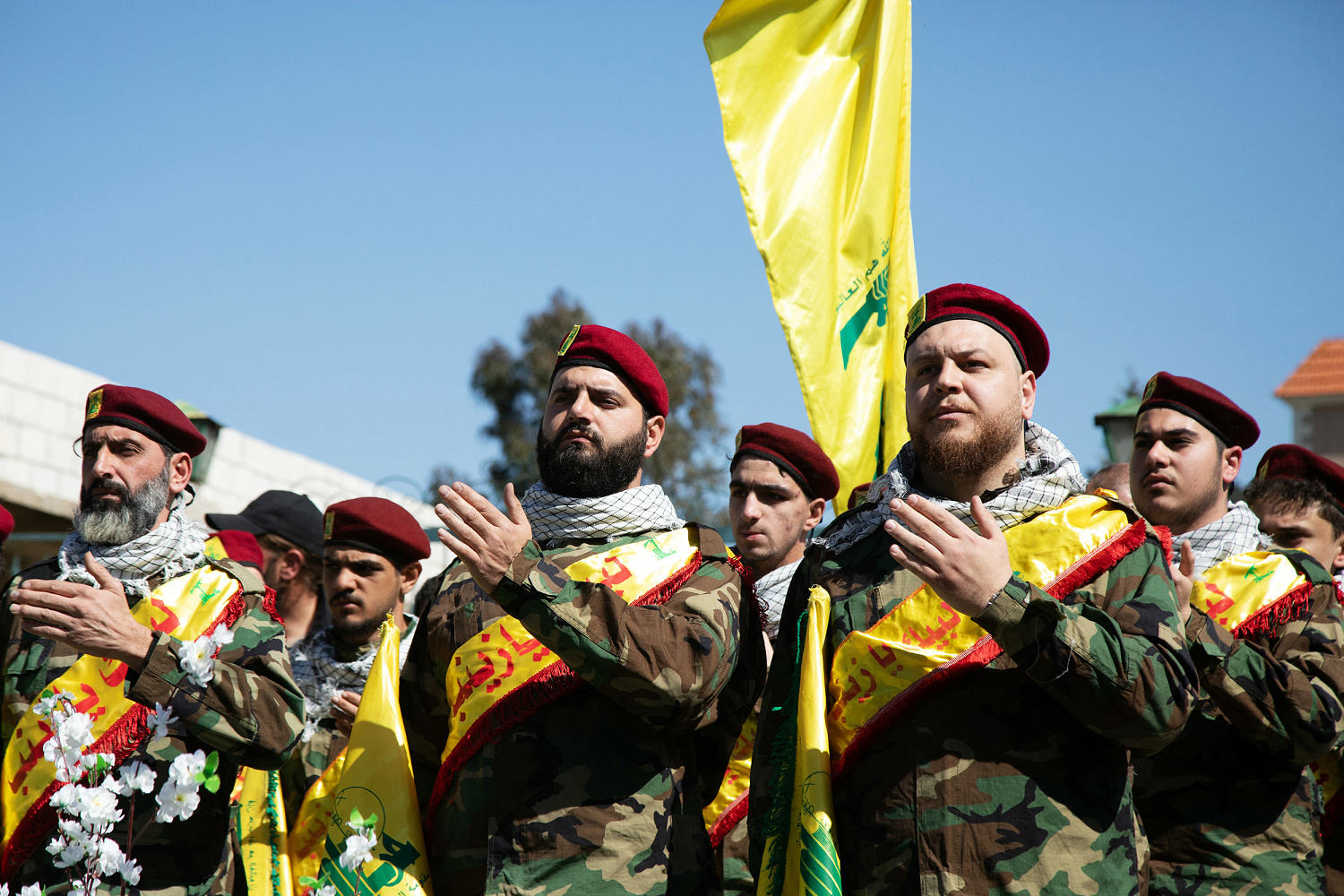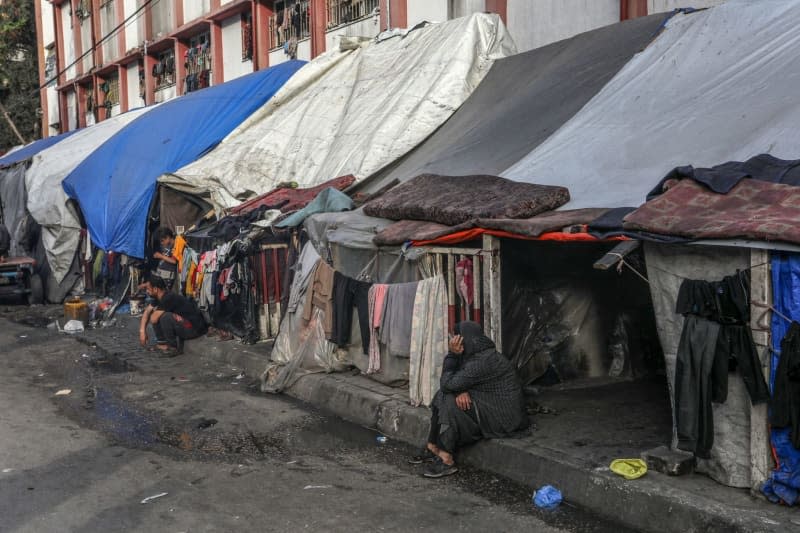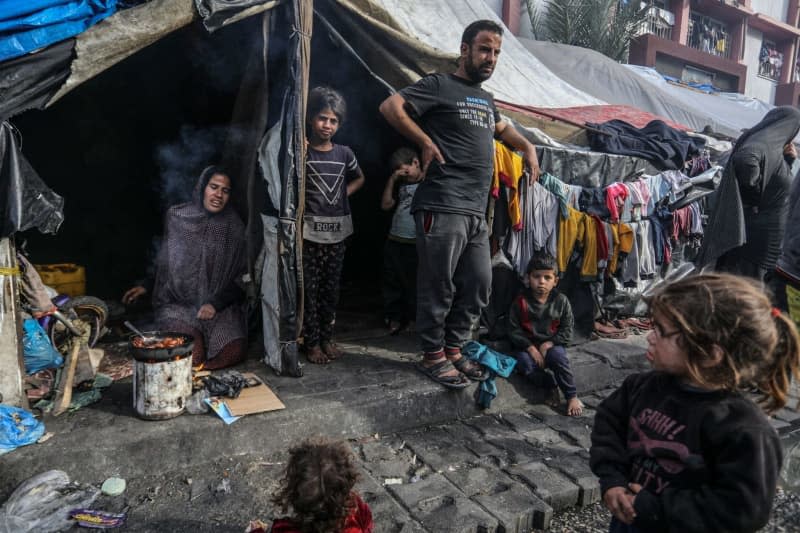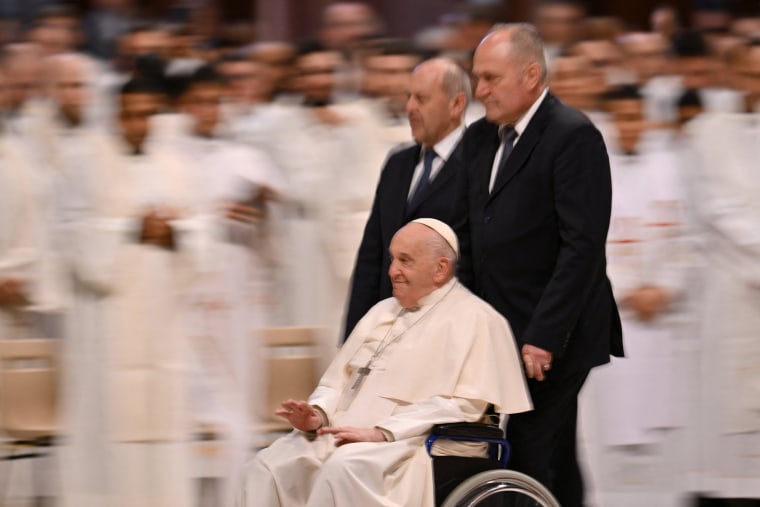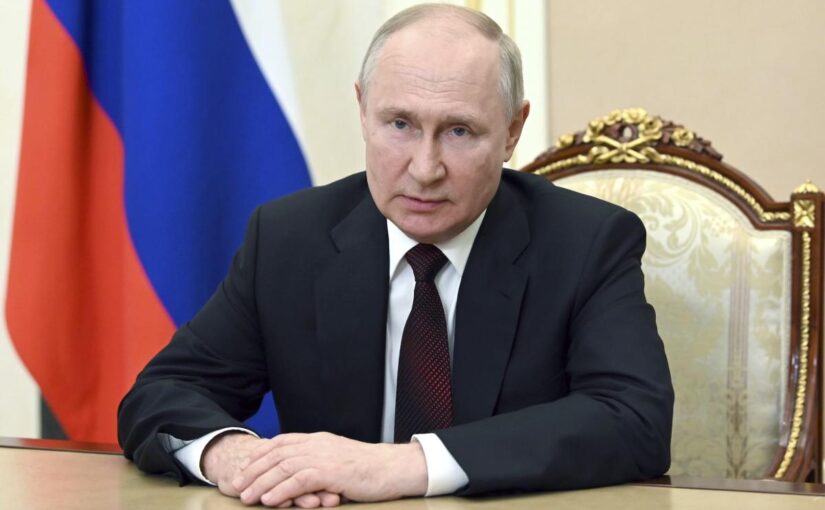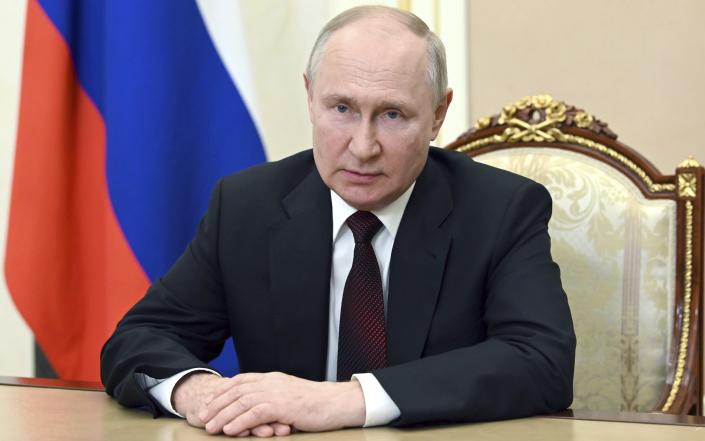Vladimir Putin recently approved a list of development plans for the Kaliningrad region of Russia, and it surprisingly listed creating a Steam-like ecosystem, including a handheld device, among the key goals. Part of a new nine-point plan handed down from Putin to PM Mikhail Mishustin, the new Russian gaming platform should include desktop and portable hardware, an OS, and a cloud system for gaming. The plans, spotted by PCGamer, indicate that PM Mishustin has a “period of execution” until June 15 to assess and organize the production of the gaming machines and ecosystem.
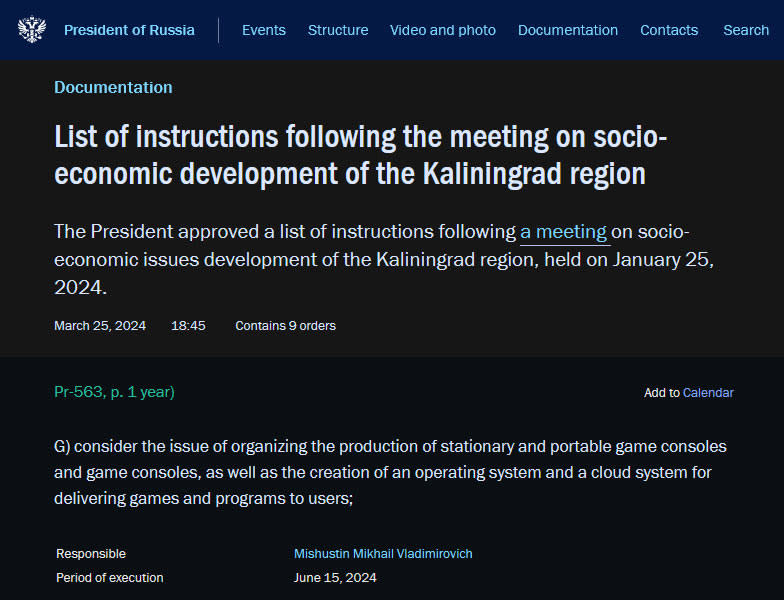
From a machine translation of the official instructions, we know that this nine-point plan was precipitated by a meeting in January concerning economic development in Kaliningrad. Third on the list is the diktat regarding developing a whole new gaming ecosystem.
“Consider the issue of organizing the production of stationary and portable game consoles and game consoles, as well as the creation of an operating system and a cloud system for delivering games and programs to users,” says the Putin-approved instruction.
We see that PM Mishustin needs only to consider and create outline plans for the gaming ecosystem before the period of execution, which is set for June 15, 2024. Of course, preparing meaningful plans is still a big task, but it should be achievable enough for Mishustin to feel relatively safe standing on balconies.
Local media has already been pondering the feasibility of Russia creating a viable gaming ecosystem from scratch. Industry figures in Russia reportedly agreed that a meaningful timescale would be five to 10 years. However, given the experience deficit and time constraints, the platform might be as much as 15 years behind platforms like Steam, technologically speaking, by the time it launches.
Other reports examine why the Kaliningrad region might have been chosen for this games industry project. Kaliningrad is a Russian enclave sandwiched between Lithuania and Poland, with access to the Baltic Sea, and operating as a special economic zone (with tax and customs duty breaks, etc). The region is also home to a recently opened silicon production facility estimated to produce 200 million silicon wafers annually.
It would be better for Russian gamers if the Ukraine war ended, and sanctions followed suit, so AMD, Intel, and Nvidia hardware could be put back on the menu. If not, a ‘Russian Steam Machine’ might have to run on Baikal processing power or adopt some limp Chinese chips, for example. Russia probably has less work to do on the software side, as it already has Astra Linux for the OS, which could be made more PC gaming-friendly using Proton, following the Valve / Steam playbook.
